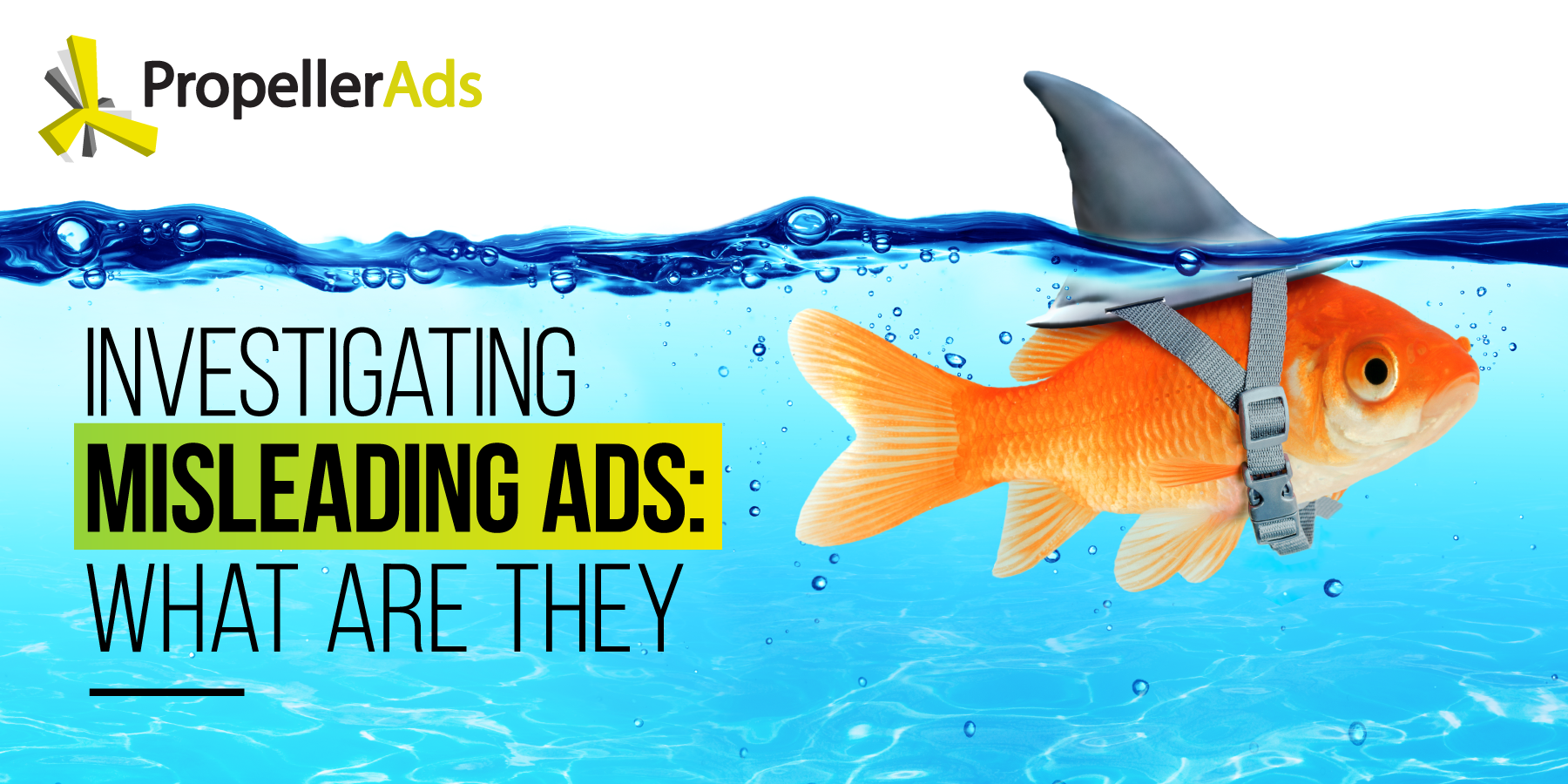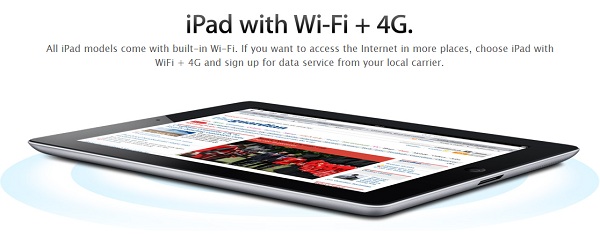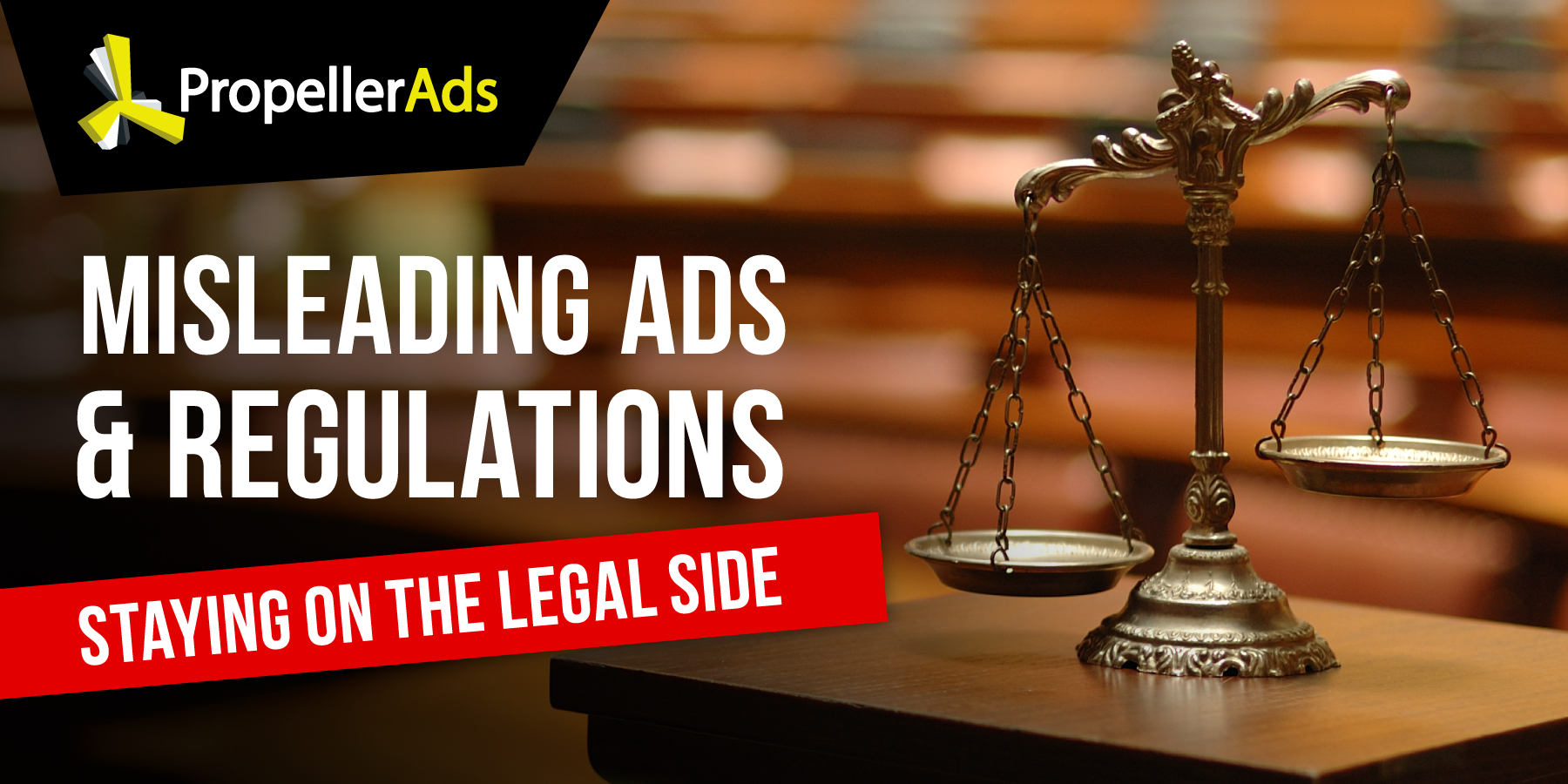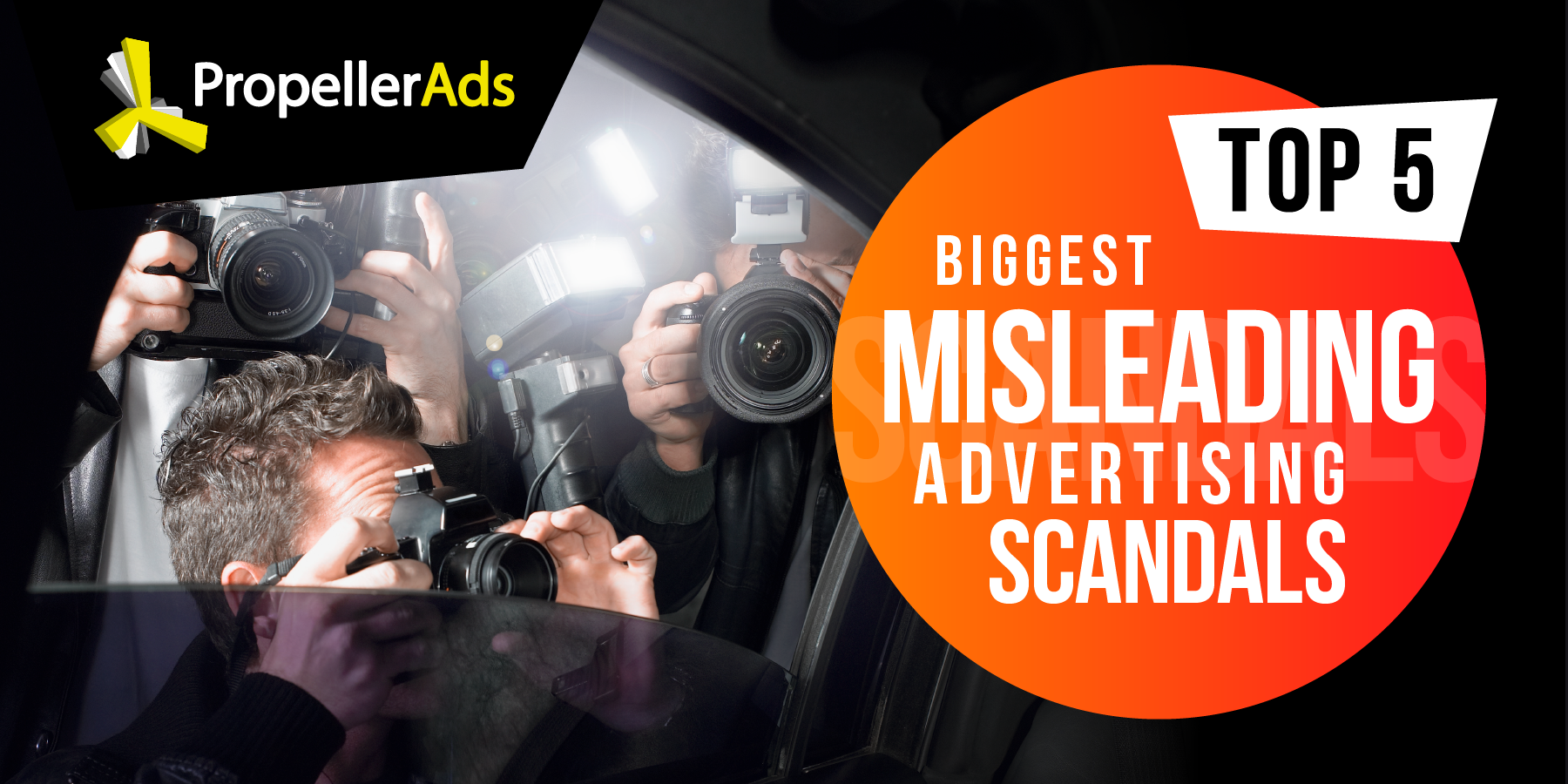
We’ll be completely honest and just say it – nobody expects advertising to be totally honest. That being said, there is still a huge difference between “window dressing” your products and simply misleading your customers.
While many respect this concept, there are still numerous business owners that don’t understand or simply disregard it, and rather cheat their customers just to make a few extra dollars.
But, crushing a customer’s hopes and dreams can come at a very high price, especially if you’re a multi-billion dollar company. This goes double if you cheat a group of customer that decide to join forces and seek revenge.
Want to learn how much misleading customers can cost? Here are 5 of the most memorable false advertising scandals that cost these brands millions of dollars.
Classmates.com
Classmates.com was among the first generation of social media platforms that went viral. Unfortunately, the company also proved to be extremely unreliable as they implemented sketchy tactics that enticed people to sign up for their paid platform.
Anthony Michaels was no exception. Mr. Michaels received an email from Classmates.com claiming that his old high school friends were trying to get a hold of him via the platform.
The catch was that in order to contact them, Anthony had to purchase a premium account that cost $15. Motivated by curiosity and the desire to reconnect with his long-lost pals, he paid for the premium account just to discover the bitter truth: that none of his old classmates were looking for him, so the platform basically tricked him into signing up for their services.
It’s no surprise that Mr. Michaels decided to sue Classmates.com for false advertising, and subsequently, hundreds of thousands of angry users joined the legal action. As a result, the company agreed to pay a whopping 9 million US dollars settlement, which was equivalent to $3 for every deceived customer.
And as you can expect, not even this was enough to repair the network’s broken reputation.
New Balance
Everyone wants to have a chiseled body, but nobody wants to put in the work. And, back in 2010, New Balance launched a shoe that promised to make this dream a reality.
The shoe company claimed on their website that their new $100 sneakers burnt more calories than ordinary shoes by implementing “hidden balance board technology that encourages muscle activation in the glutes, quads, hamstrings, and calves, which in turn burned calories.”
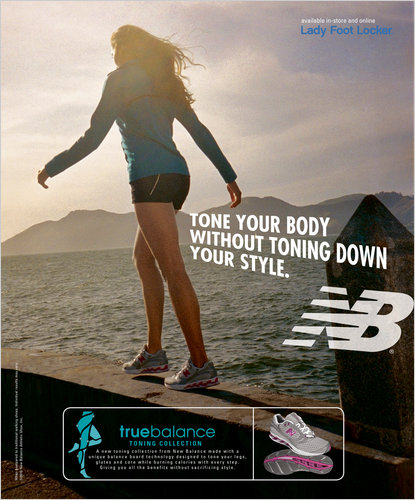
Huffington Post: New Balance called its shoes a “hidden beauty secret,” promising that they helped the wearer burn 8 percent more calories than regular sneakers.
Needless to say, this bald-faced lie fell apart as there was no scientific evidence to back up their claim. Not only this, but further research demonstrated that wearing these shoes may actually lead to injury. New Balance ended up paying $2.3 million in reparations, and we promise no company would have wanted to be in their shoes back then.
Apple
Yes, even the world’s most famous computer brand has fallen into the trap of misleading advertising. Back in 2012, the company released the third-generation iPad in 10 different countries including the US, Canada, and Australia.
The device was promoted on Apple’s website, retail stores, and online channels as an “iPad with WiFi and 4G connectivity” which would revolutionize the tablet industry. It’s a shame that the 4G option was only available in certain countries.
The iPad’s 4G capacity was only available in the USA and Canada, and the worst part is that Apple decided to keep it a secret until it was too late. What happened next was pretty obvious, as the Australian Competition and Consumer Commission announced their intention to sue the tech giant for misleading advertising. The dispute ended with Apple agreeing to pay a penalty of 2.25 million Australian dollars.
Uber
When most people think about false advertising they automatically associate it with cases where consumers are the ones suing large companies. However, Uber broke the mold by starring in a false advertising scandal where they mislead their employees!
To ensure its success, Uber needed to have thousands of drivers available at all times of the day. And, in order to recruit more and more drivers, the company started putting ads on Craigslist that mislead their future employees. The ads claimed that uber drivers earned an average yearly wage of $90,000 in New York and $73,000 in San Francisco.
Sounds amazing right? Too bad the real numbers were closer to $61,000 in New York and $53,000 in San Francisco. You can probably image how disappointed the drivers were after receiving the first few paychecks. After filing a lawsuit, affected drivers received more than $20 million in compensation from Uber, all because of misleading ads. Maybe that will teach them not to take drivers for a ride!
Lumosity
Misleading advertising can come in many different forms, but the most despicable cases usually take advantage of people’s fears and weaknesses. Lumosity, a brain training app, recklessly exploited consumers’ fear of mental illnesses and dementia, but paid a hefty price for it.

Image by Fast Company
The company that created Lumosity, Lumos Lab, was forced to pay $2 million in reparations after making claims that the game could prevent memory loss and reduce the chances of developing dementia and Alzheimer’s. Not only did the company spread these unsupported claims across the internet, they also asked users to pay in order to unlock the “full potential in every aspect of life”.
The good news is that many consumers saw through these claims and asked to see scientific proof. And of course, the company could not provide any, which forced them to cough up a lot of money in a misleading ads scandal.
Finding the Right Balance
The legendary founder of DDB, William Bernbach, once said that “the most powerful element in advertising is the truth” and this statement continues to be true today.
Don’t allow dishonest advertising tactics to lure you into the dark side because, besides ruining your reputation, they may even result in expensive financial and legal problems like the cases listed above.
